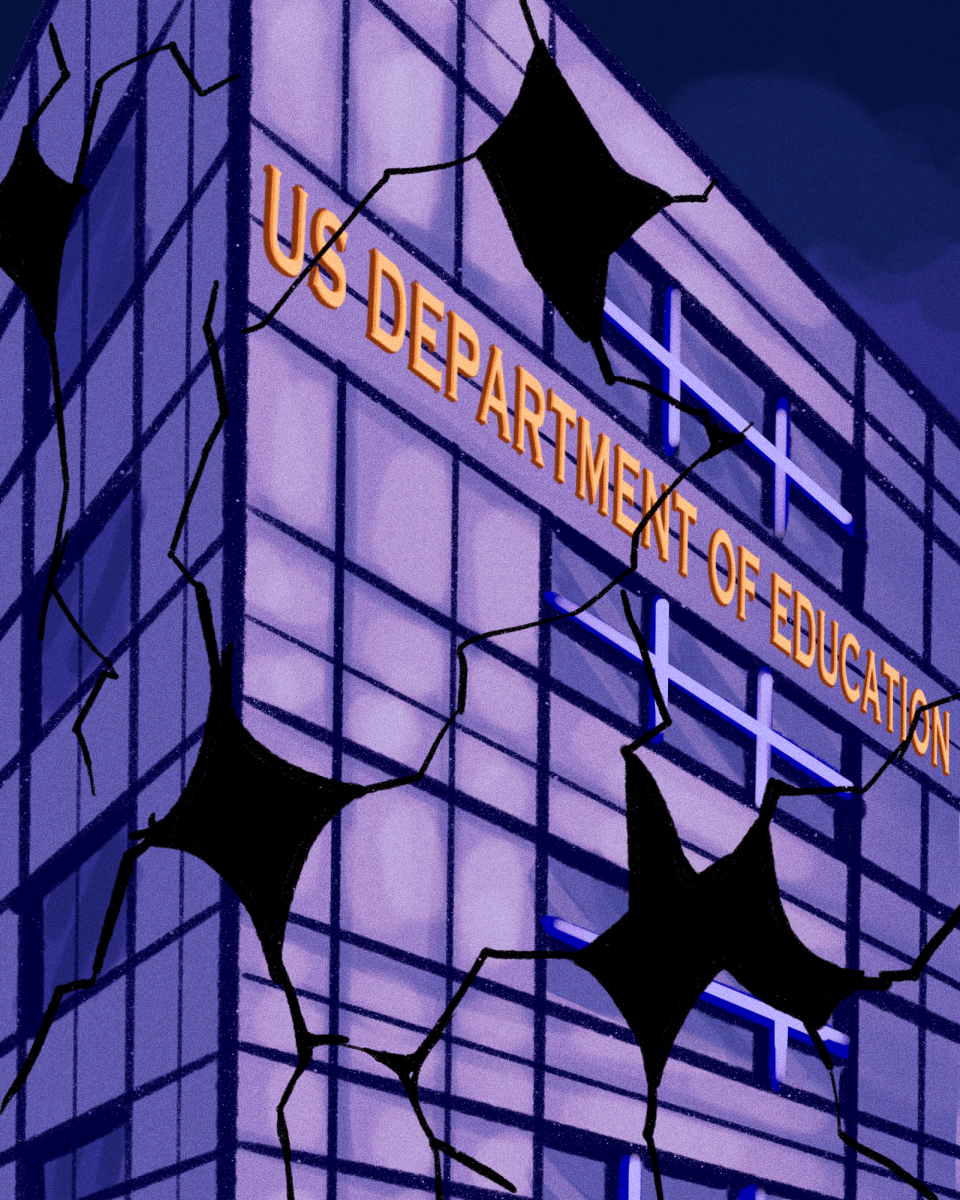After 30 years, 135 missions and more than 350 astronauts, today is the last day for NASA’s space shuttle program. The space shuttle Atlantis was scheduled to land after press time early this morning at Kennedy Space Center in Cape
Canaveral, Fla.
The shuttle program served many purposes, including taking astronauts to repair the Hubble Space Telescopes and ferrying them to the International Space Station. Until NASA develops a new method for transporting astronauts, the agency will rely on Russian Soyuz capsules and commercial operations to take U.S. crew members between the space station and Earth, according to NASA.
Although the space shuttle program may be ending, the space program is not, said Wallace Fowler, aerospace engineering and engineering mechanics professor and director of the Texas Space Grant Consortium.
“[The space program] is not winding down. The unmanned program is going on,” Fowler said. “The manned program is on hiatus.”
On July 7, one day before Atlantis’ final launch, NASA Chief Charlie Bolden was also optimistic about the future of human spaceflight while announcing an agreement with Sierra Nevada, a commercial spaceflight firm, at Kennedy Space Center.
“The future of human spaceflight is bright,” Bolden told the Associated Press. “You’ll hear me say that over and over and over again.”
NASA will continue sending astronauts to the International Space Station but does not have any planned manned missions to celestial bodies before 2025.
“The first manned missions will probably be to an asteroid, then we will probably go back to the moon,” Fowler said.
“The reason we want to go back to the moon is because they’re finding significant amounts of water there.”
Fowler said the results of space-related research has had practical value for the public, not just for the immediate needs of the space program.
“If you go back and you think about the Apollo program, can you guess what came out of it?” Fowler said. “The microcomputer. The first microcomputer was the Apollo guidance computer. Now we probably all have things on our desks that can do 10 times more than it.”
The end of the shuttle program causes more immediate concerns for some people. Thousands of workers at the Kennedy Space Center are expected to be laid off in the months following Atlantis’ landing with another 800-900 layoffs at Mission Control in Houston, according to CNN and the AP.
“I’d love to have each and every one of you to stand up and take a bow, a round of applause,” shuttle commander Chris Ferguson said to Houston flight controllers Wednesday, the last full mission day, according to the AP














